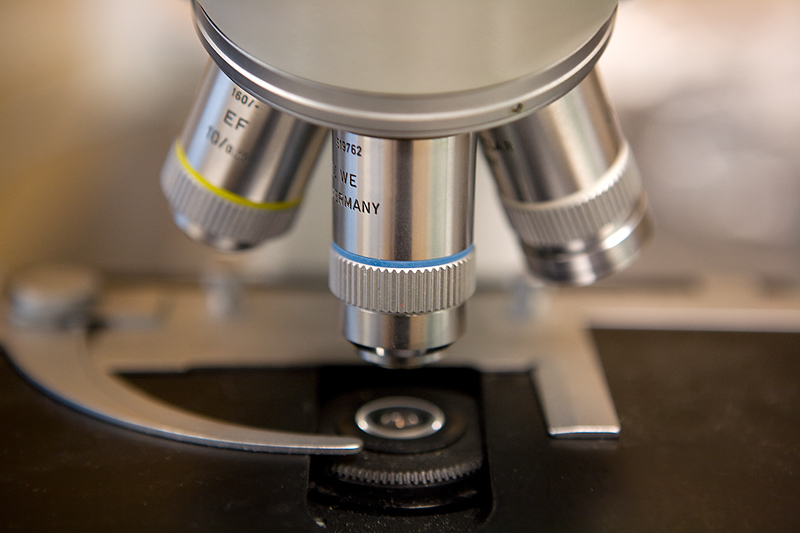
FRIDAY, Dec. 3 (HealthDay News) — Genetics might help explain why some people are more prone to infidelity and promiscuity, says a new study.
Researchers analyzed the DNA of 181 young adults who provided a complete history of their sexual activity and intimate partnerships. They concluded that the dopamine receptor D4 (DRD4) gene plays a major role in sexual behavior.
Previous research has linked the DRD4 gene, which influences brain chemistry, to sensation-seeking activities such as gambling and alcohol use.
“What we found was that individuals with a certain variant of the DRD4 gene were more likely to have a history of uncommitted sex, including one-night stands and acts of infidelity,” study leader Justin Garcia, of the laboratory of evolutionary anthropology and health at Binghamton University, State University of New York, said in a university news release.
“The motivation seems to stem from a system of pleasure and reward, which is where the release of dopamine comes in. In cases of uncommitted sex, the risks are high, the rewards substantial and the motivation variable — all elements that ensure a dopamine ‘rush,'” Garcia explained.
The findings, published in the current issue of the online journal PLoS One, shouldn’t be viewed as an excuse for cheating or promiscuity, Garcia stressed.
“These [gene-behavior] relationships are associative, which means that not everyone with the genotype will have one-night stands or commit infidelity. Indeed, many people without this genotype still have one-night stands and commit infidelity,” Garcia said. “The study merely suggests that a much higher proportion of those with this genetic type are likely to engage in these behaviors.”
More information
The American Association for Marriage and Family Therapy has more about infidelity.

